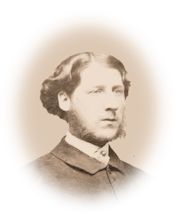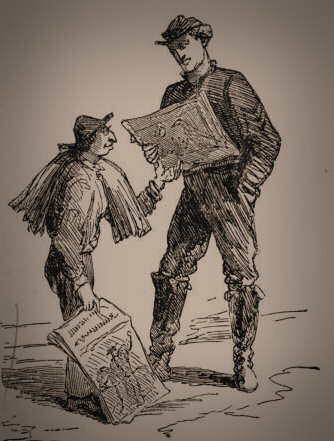June 4, 1863, The New York Herald
The great struggle for the Mississippi is now reduced to two points, the capture of which will give to the government the complete control of the great river from its sources to the sea, and the loss of which by the rebellion will be as decisive against it as the cutting in two of an army on the field of battle. These two points are Vicksburg and Port Hudson, both completely invested by the land and naval forces of the Union, and with every prospect in each case of complete success.
General Pemberton, the rebel commander at Vicksburg, estimates the investing force of Gen. Grant at sixty thousand men. The rebel force inside the defences of the besieged city hardly exceeds, we dare say, twenty thousand men. Forty-five miles inland, at Jackson city, is Gen. Joe Johnston, with the fragment of an army reported as not exceeding fifteen thousand men. When driven out of Jackson by General Grant it was less than six thousand. The additional nine thousand have doubtless been picked up from the debris of General Pemberton’s army, left behind in his disastrous retreat to Vicksburg. From these data, not omitting the powerful co-operation of Admiral Porter’s gunboat squadron, all the advantages of the situation at Vicksburg appear to be so largely in the possession of General Grant as to discountenance the remotest misgiving of a failure.
Next, with regard to Port Hudson, some three hundred miles below, the strength and the chances seem to be as strongly in our favor. The rebel garrison is represented as not exceeding ten thousand men. They are invested on the land side by General Banks, with [continue reading…]











